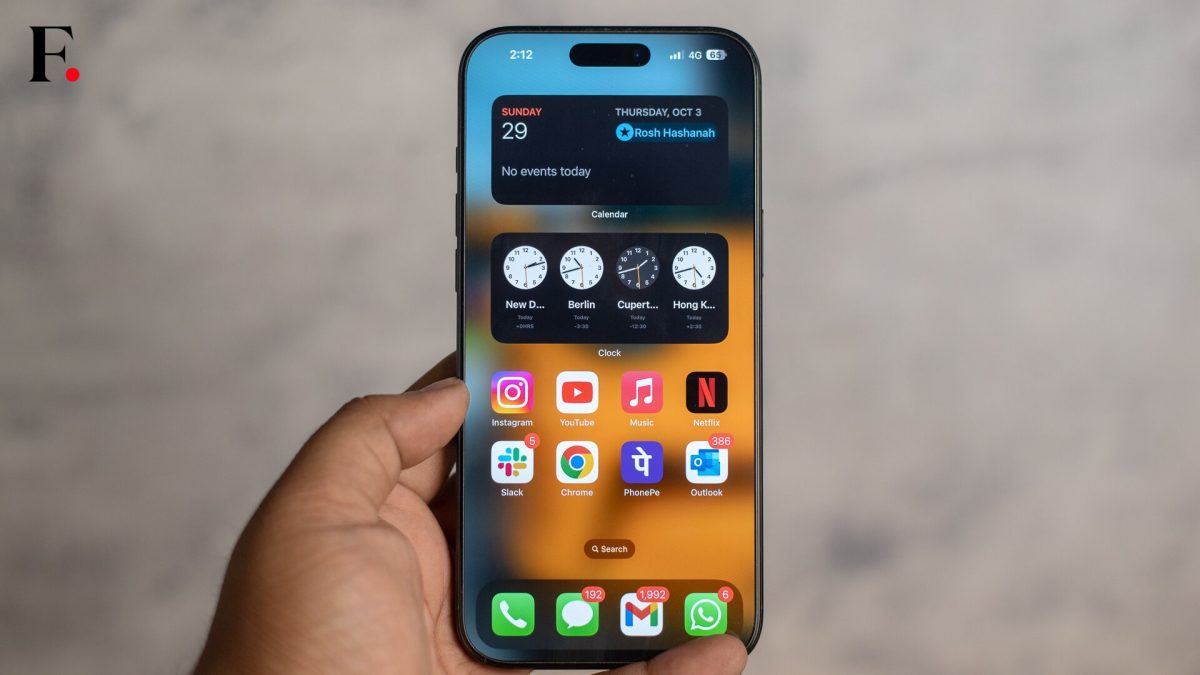The Chinese smartphone market has become an increasingly tough arena for foreign brands like Apple and Samsung, as local giant Huawei continues to sweep up consumer interest. Recent data reveals a steady decline in sales for international players, with shipments dropping significantly over the past few months. This trend highlights a growing shift in consumer preferences towards domestic brands, leaving foreign companies scrambling to hold their ground.
For Apple, a market once brimming with potential is facing an uphill battle. While the iPhone remains a recognisable name, the broader market forces in China are leaning heavily towards supporting homegrown tech brands. The latest figures paint a concerning picture for international brands trying to stay relevant in this critical region.
Steep declines in foreign smartphone sales
According to the China Academy of Information and Communications Technology (CAICT), foreign-branded smartphone shipments in China fell to just 3.04 million units in November, a sharp 47.4 per cent year-on-year drop from 5.77 million units the previous year.
This marks the fourth consecutive month of decline, with October seeing a 44.25 per cent dip. Although the report doesn’t single out specific brands, US-based Apple, and South Korea’s Samsung, are certainly part of this struggling segment.
Domestic brands gain the upper hand
While foreign brands face a steep decline, Chinese consumers are showing an overwhelming preference for local options. Overall smartphone shipments in the country, including domestic and international devices, fell by 5.1 per cent year-on-year to 29.61 million units in November.
However, domestic producers like Huawei seem to be thriving, capturing consumer loyalty in a way that’s leaving foreign competitors behind.
A glimmer of hope
Despite the grim figures, Apple has managed to retain some footing in China. Market research from IDC showed Apple as the second most popular smartphone brand in Q3 2024, with a 15.6 per cent market share, down just 0.3 per cent year-on-year. Additionally, the iPhone 16 series had a stronger launch than its predecessor, with a 20 per cent better performance in its first three weeks compared to the iPhone 15.
Still, the overall decline in foreign-branded smartphone sales signals an uphill battle for Apple and others. As domestic brands strengthen their hold and consumer loyalty shifts, foreign players will need to find new ways to compete in this evolving market.


)

)
)
)
)
)
)
)
)



